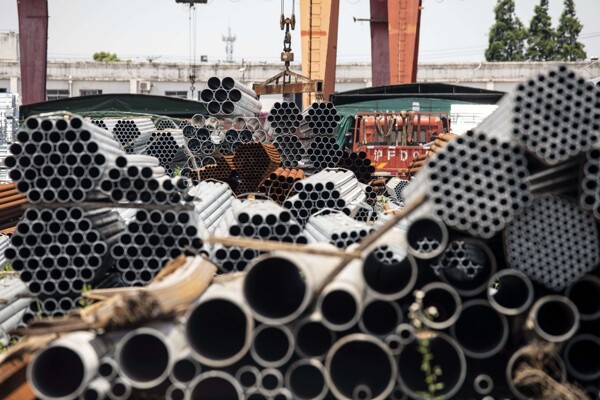The acting president of South Korea, Choi Sang-mok, pointed out that the customs tariff rate between his country and the United States was 0.79% in 2024 and is expected to decrease even further this year due to a bilateral agreement. Choi highlighted the importance of closely monitoring the situation, as U.S. tariffs could have a reduced impact on South Korea due to the low custom duties that Seoul applies to American products under the bilateral free trade agreement.
During a meeting with several ministers focused on economic issues, Choi urged the Executive to pay attention to the plan announced by U.S. President Donald Trump to impose specific tariffs on American imports. According to data from the South Korean Ministry of Finance, the customs tax on manufactured products from the U.S. is zero thanks to the FTA, which has generated a larger trade deficit on average for all U.S. imports.
In 2024, South Korea recorded the eighth highest surplus in the trade balance with the United States, amounting to approximately $55.7 billion. Since Trump's election in November of the previous year, Seoul has expressed its willingness to reduce this deficit through plans such as increasing the purchase of hydrocarbons from the U.S.
Choi mentioned that the reciprocal measures planned by the U.S. could also examine non-tariff barriers, fiscal elements such as value-added taxes and digital services, or each country's monetary policies. The uncertainty over the measures announced by Trump worries Seoul, especially at a time of governmental interim due to the institutional crisis triggered by President Yoon Suk-yeol's declaration of martial law last December. Additionally, South Korea is among the ten countries with which the U.S. has the largest trade deficit.
The concern in Seoul regarding the new tariffs announced by the U.S. occurs in the context of political and economic uncertainty, making it crucial for South Korean authorities to closely follow the evolution of the situation and adopt the necessary measures to protect the country's interests in the international market.













